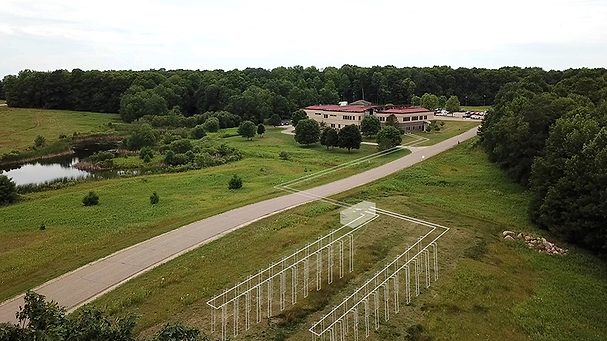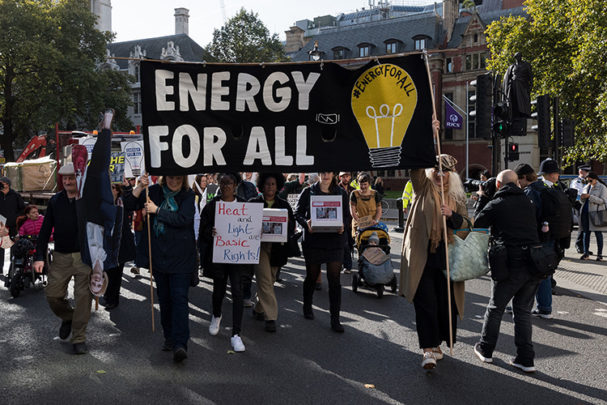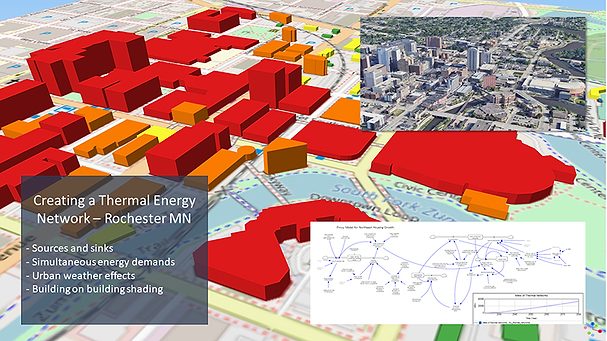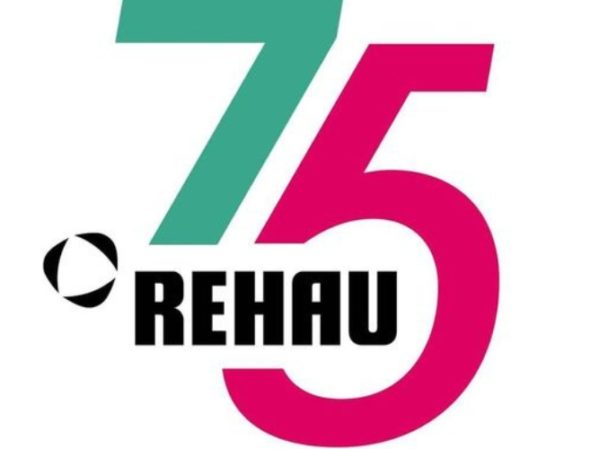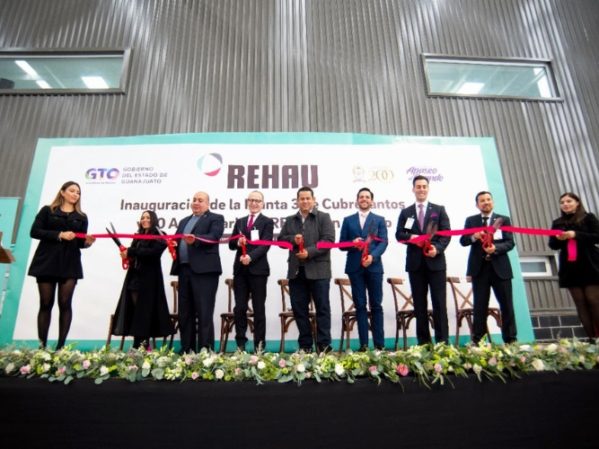Geothermal
Feature
The Stockbridge-Munsee Band of Mohican Indians searched for a sustainable energy system to moderate the tribe’s use of natural resources.
Read More
Feature
Pipefitters Union Brings Strength to National Uptake of TENs
Countless building trades are assured of plentiful and high-paying jobs as utility thermal energy network systems continue to roll out.
Read More
Geothermal HVAC
How Energy Poverty Impacts Communities
Thermal energy networks are spreading, and the benefits are consistently presented as a realistic solution to real-world problems.
Read More
Geothermal HVAC
Thermal Energy Networks Take Shape in Rochester, Minnesota
The city has pledged to reduce greenhouse gas emissions by 100 percent over the next three decades.
Read More
Geothermal HVAC
College Vs. Trades School: The Benefits of Field Experience Over Classroom Education
White collar, blue collar, hard hat or construction vest, we’re all on the same team and in the same boat.
Read More
